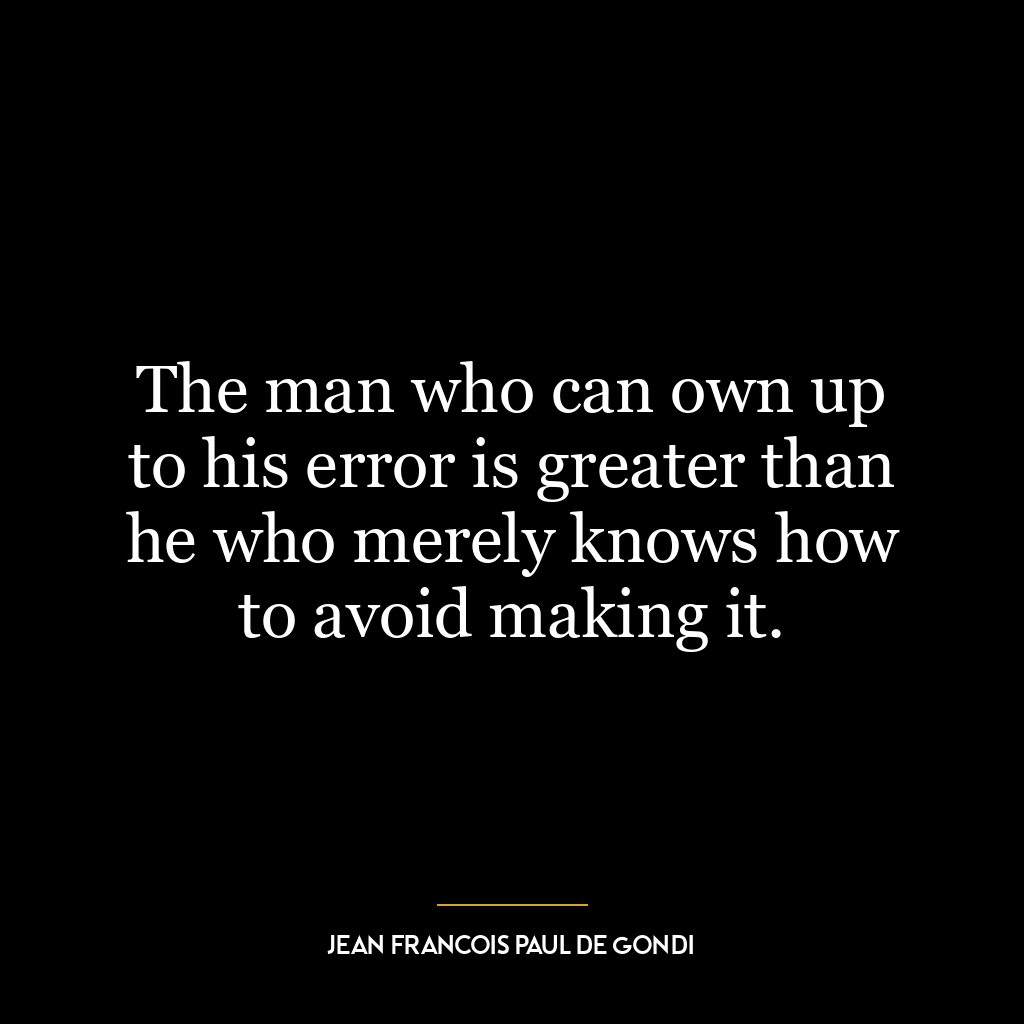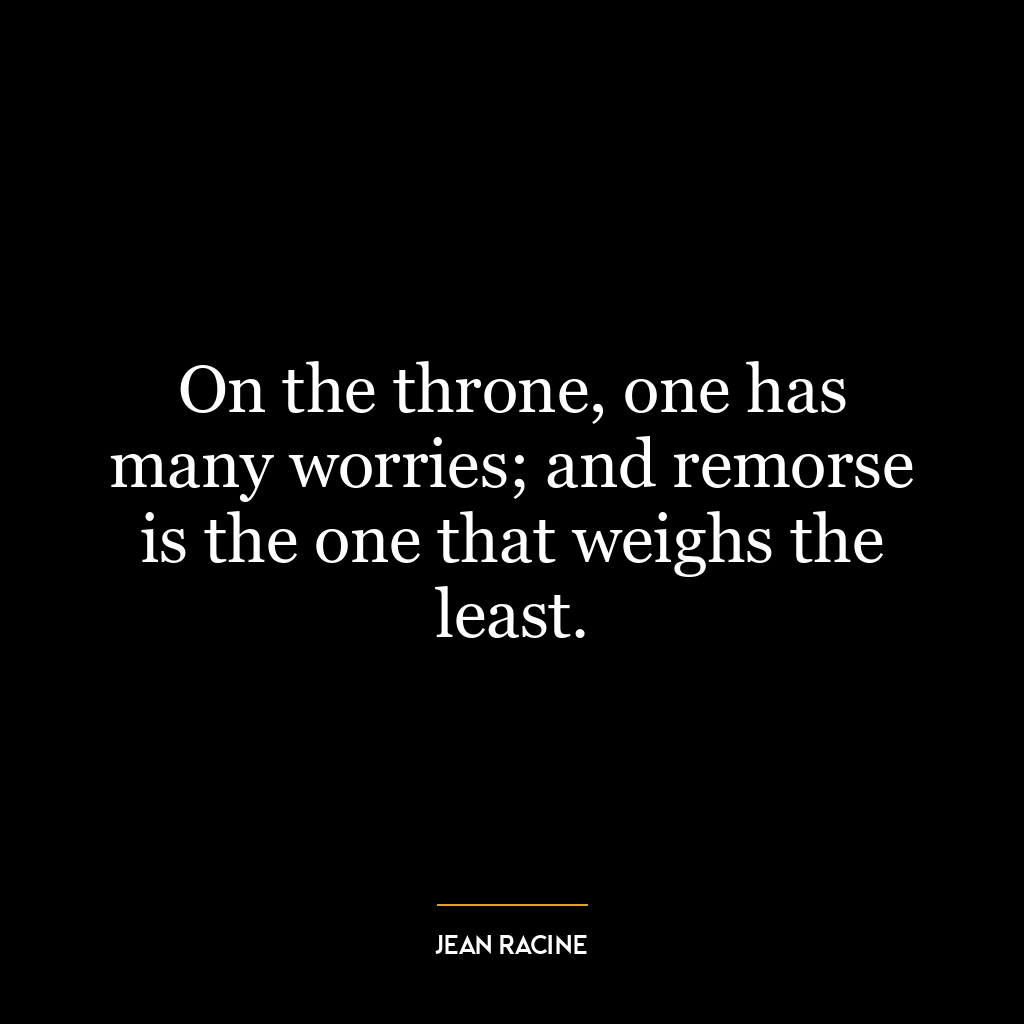The quote, “Fair play is primarily not blaming others for anything that is wrong with us,” suggests that the essence of fairness lies in personal responsibility. It means that we should not point fingers at others for our shortcomings, failures, or problems. Instead, we should introspect and acknowledge our roles in the situations we find ourselves in. The quote implies that blaming others is an easy way out, a way to avoid the discomfort of self-examination and growth. However, this approach is not fair, either to ourselves or to those we blame.
This concept can be applied in various aspects of today’s world, from personal development to social and professional environments. In personal development, it means taking responsibility for our actions, decisions, and their outcomes. It means recognizing that we have the power to shape our lives and that our choices matter. It’s about understanding that blaming others for our failures will not help us grow or improve.
In a broader social context, this could be applied to how we perceive and address social issues. Rather than blaming others or external factors for societal problems, we should look at our role in perpetuating or resolving these issues. This could mean acknowledging our biases, recognizing our privileges, or understanding how our actions (or inactions) contribute to the problem.
In professional settings, this quote’s essence could encourage a healthier work environment. Instead of blaming colleagues for failures or issues, employees could adopt a more constructive approach, analyzing their roles in the situation and seeking ways to improve.
Overall, this quote encourages self-awareness, introspection, and accountability. It’s about taking control of our lives, learning from our mistakes, and striving to be better, rather than playing the blame game. It’s a call for fairness, not just in our interactions with others, but primarily with ourselves.















